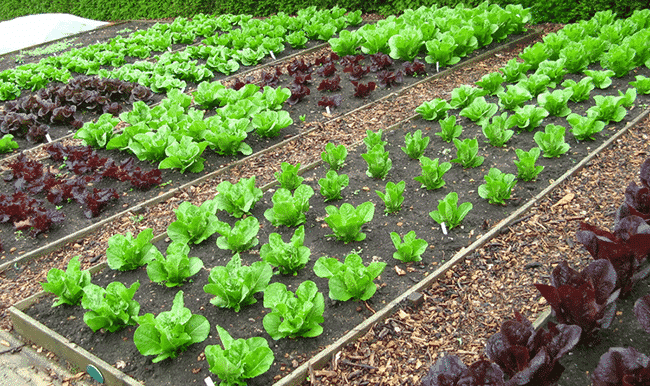If you are completely new to the world of organic gardening, then you are probably thinking that some tips on organic gardening will help you immensely so that you can begin growing your own organic plants. Listed below are some tips to get you started with your organic gardening endeavors.
If you want to grow vegetables, but do not have the room, consider planting vegetables that grow on a vine. Vegetables like squash, melons, and tomatoes can be trained to grow up along a trellis or fence. You can make use of vertical space to get the vegetable garden that you want.
Make your own compost. If you create your own compost at home, you can be absolutely certain of what goes into it, unlike if you purchase bags of compost from a gardening store. In addition, composting in your yard will attract helpful native wildlife such as insects that will balance the ecosystem of your garden.
A great way to calculate the timing for planting your plants in an organic garden is to use a seed-starting chart. You should do your research and fill in the chart in advance. Once you have it, you can use the chart to plan your planting through the entire season.
If you have plants inside, make sure the thermostat stays between 65 and 75 degrees. They need the temperature to be that warm so that they can grow. If your thermostat is normally kept lower in winter, you can use a heat lamp to keep your plants warm enough.
Keep your seeds warm and humid. Most seeds are healthy at a temperature of about seventy degrees. Place your pots next to a heating vent or install an additional heater if needed. You can cover your pots with plastic films so that the seeds can keep their humidity and warmth.
Recycling wood saves money and adds a unique touch to your garden. Use scrap wood to build small garden fences or support structures for plants. Sources include broken tables, chairs, or unused trim pieces from past home improvement projects. Paint the wood to add color and interest to your garden plot.
Dry your herbs immediately after harvesting them to prevent rot. Rot is usually caused by moisture either within the herb or on top of it. Moisture can cause the production of harmful bacteria that may cause rot on the herb, or produce a nasty by-product which will then spoil your harvest.
Know the benefits of composting. Composting is one of the best things you can do for your organic garden. Composting improves moisture levels, promotes fertility, and stimulates plant roots. You can start your own composting at home, and reduce your household waste, as well as get free food for your garden.
As you can see from the above list of tips, organic gardening can be very useful in getting the best and freshest produce possible from your plants. After following these tips, you will no longer be new to the world of organic gardening, but you will become an organic gardening expert.

